FPIK Students’ Japan Internship Journey

[et_pb_section fb_built=”1″ admin_label=”section” _builder_version=”4.16″ custom_padding=”10px||0px||false|false” locked=”off” collapsed=”off” global_colors_info=”{}” theme_builder_area=”post_content”][et_pb_row admin_label=”row” _builder_version=”4.16″ background_size=”initial” background_position=”top_left” background_repeat=”repeat” custom_padding=”||0px||false|false” global_colors_info=”{}” theme_builder_area=”post_content”][et_pb_column type=”4_4″ _builder_version=”4.16″ custom_padding=”|||” global_colors_info=”{}” custom_padding__hover=”|||” theme_builder_area=”post_content”][et_pb_text _builder_version=”4.24.2″ text_orientation=”justified” custom_padding=”0px||0px||false|false” hover_enabled=”0″ global_colors_info=”{}” theme_builder_area=”post_content” sticky_enabled=”0″] On 22 and 23 February 2024, eight students from the Faculty of Fisheries and Marine Science (FPIK) Diponegoro University flew to Japan to undergo an […]
FPIK Visits Indonesia’s Largest Shrimp Ponds
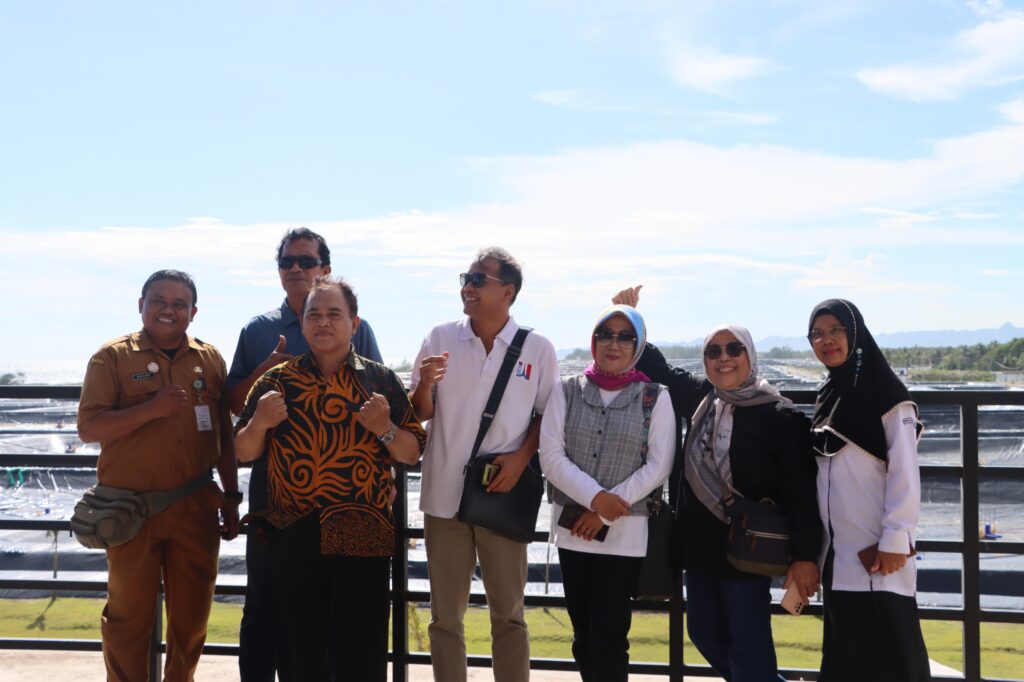
[et_pb_section fb_built=”1″ admin_label=”section” _builder_version=”4.16″ custom_padding=”10px||0px||false|false” locked=”off” collapsed=”off” global_colors_info=”{}”][et_pb_row admin_label=”row” _builder_version=”4.16″ background_size=”initial” background_position=”top_left” background_repeat=”repeat” custom_padding=”||0px||false|false” global_colors_info=”{}”][et_pb_column type=”4_4″ _builder_version=”4.16″ custom_padding=”|||” global_colors_info=”{}” custom_padding__hover=”|||”][et_pb_text _builder_version=”4.24.0″ text_orientation=”justified” custom_padding=”0px||0px||false|false” hover_enabled=”0″ global_colors_info=”{}” sticky_enabled=”0″] FPIK, SEMARANG – Tuesday (13/2) As an effort to initiate collaboration with the Directorate General of Aquaculture of the Ministry of Maritime Affairs and Fisheries, the representatives of Faculty […]
HEALTHY FRIDAY IN FPIK UNDIP
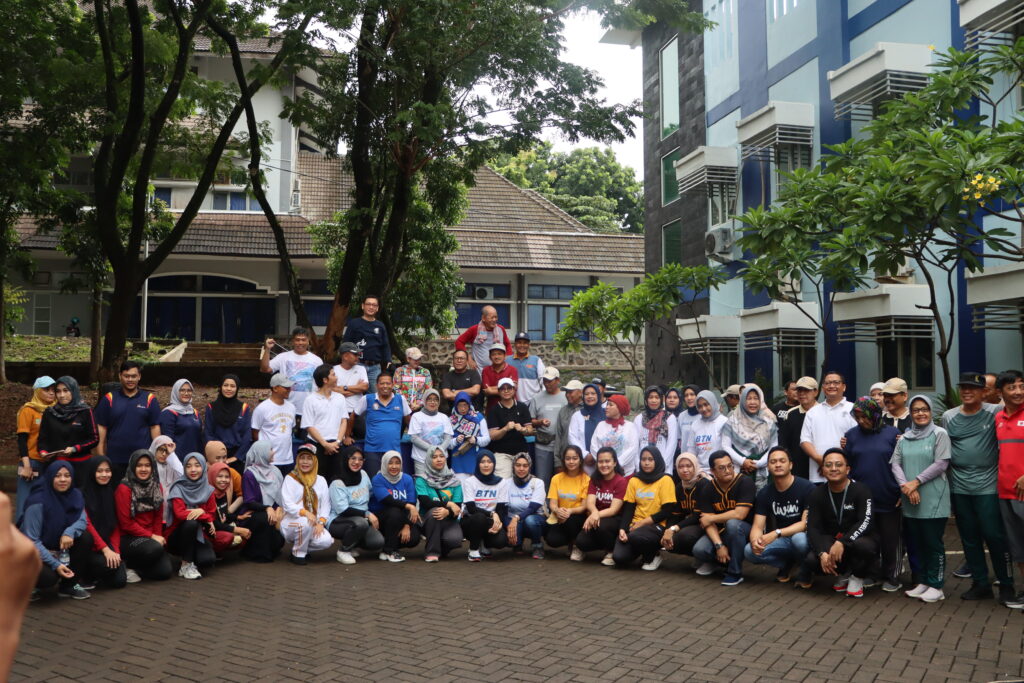
[et_pb_section fb_built=”1″ admin_label=”section” _builder_version=”4.16″ custom_padding=”10px||0px||false|false” locked=”off” collapsed=”off” global_colors_info=”{}” theme_builder_area=”post_content”][et_pb_row admin_label=”row” _builder_version=”4.16″ background_size=”initial” background_position=”top_left” background_repeat=”repeat” custom_padding=”||0px||false|false” global_colors_info=”{}” theme_builder_area=”post_content”][et_pb_column type=”4_4″ _builder_version=”4.16″ custom_padding=”|||” global_colors_info=”{}” custom_padding__hover=”|||” theme_builder_area=”post_content”][et_pb_text _builder_version=”4.23.4″ text_orientation=”justified” custom_padding=”0px||0px||false|false” hover_enabled=”0″ global_colors_info=”{}” theme_builder_area=”post_content” sticky_enabled=”0″] Friday (19/1) An aerobics exercise activity was successfully held at the Faculty of Fisheries and Marine Sciences Undip, Tembalang. This activity was attended by Undip […]
[Undip, UGM, IPB and ITB Meeting with Pukyong National University (PKNU) – South Korea]
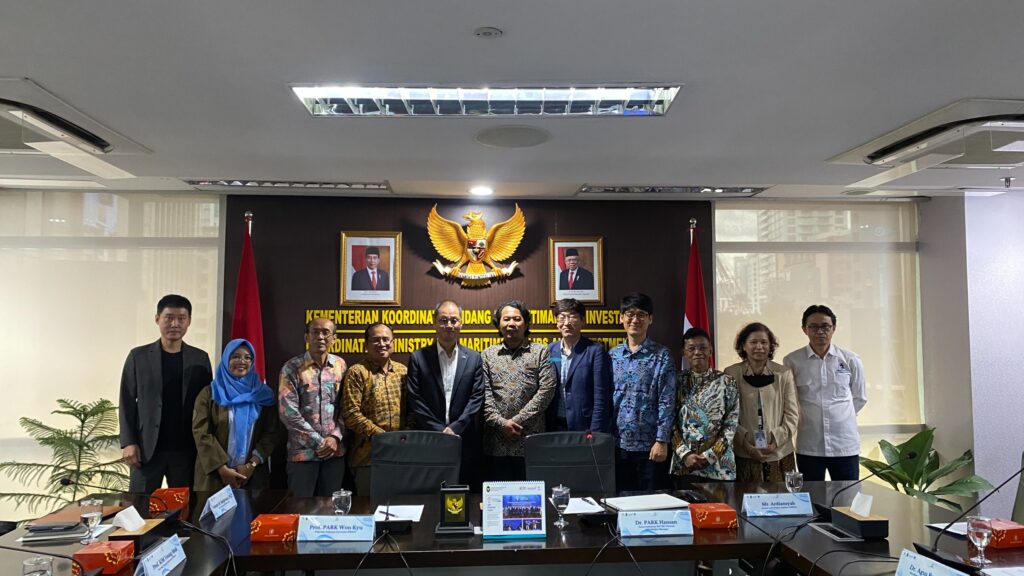
[et_pb_section fb_built=”1″ admin_label=”section” _builder_version=”4.16″ custom_padding=”10px||0px||false|false” locked=”off” collapsed=”off” global_colors_info=”{}” theme_builder_area=”post_content”][et_pb_row admin_label=”row” _builder_version=”4.16″ background_size=”initial” background_position=”top_left” background_repeat=”repeat” custom_padding=”||0px||false|false” global_colors_info=”{}” theme_builder_area=”post_content”][et_pb_column type=”4_4″ _builder_version=”4.16″ custom_padding=”|||” global_colors_info=”{}” custom_padding__hover=”|||” theme_builder_area=”post_content”][et_pb_text _builder_version=”4.23.4″ text_orientation=”justified” custom_padding=”0px||0px||false|false” hover_enabled=”0″ global_colors_info=”{}” theme_builder_area=”post_content” sticky_enabled=”0″] Jakarta, January 18, 2024 Representatives from the Faculty of Fisheries and Marine Science, Diponegoro University, Dr. Aninditia Sabdaningsih, S.Si, M.Si as the Head of the […]
The 95th Mother’s Day Commemoration in FPIK Undip
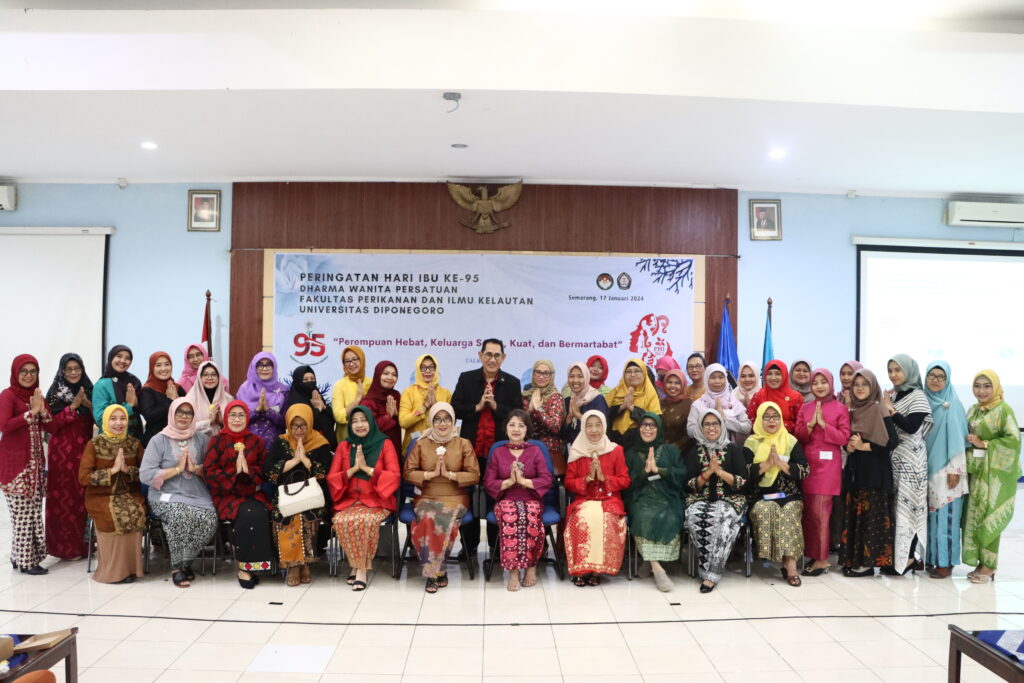
[et_pb_section fb_built=”1″ admin_label=”section” _builder_version=”4.16″ custom_padding=”10px||0px||false|false” locked=”off” collapsed=”off” global_colors_info=”{}” theme_builder_area=”post_content”][et_pb_row admin_label=”row” _builder_version=”4.16″ background_size=”initial” background_position=”top_left” background_repeat=”repeat” custom_padding=”||0px||false|false” global_colors_info=”{}” theme_builder_area=”post_content”][et_pb_column type=”4_4″ _builder_version=”4.16″ custom_padding=”|||” global_colors_info=”{}” custom_padding__hover=”|||” theme_builder_area=”post_content”][et_pb_text _builder_version=”4.23.4″ text_orientation=”justified” custom_padding=”0px||0px||false|false” hover_enabled=”0″ global_colors_info=”{}” theme_builder_area=”post_content” sticky_enabled=”0″] FPIK, SEMARANG – Wednesday (17/1) The 95th Mother’s Day commemoration at the Faculty of Fisheries and Marine Science (FPIK) Diponegoro University has been successfully held. […]
FPIK Undip Facilitates Audience Meeting to Support Efforts to Improve Shrimp Cultivation in Karimunjawa
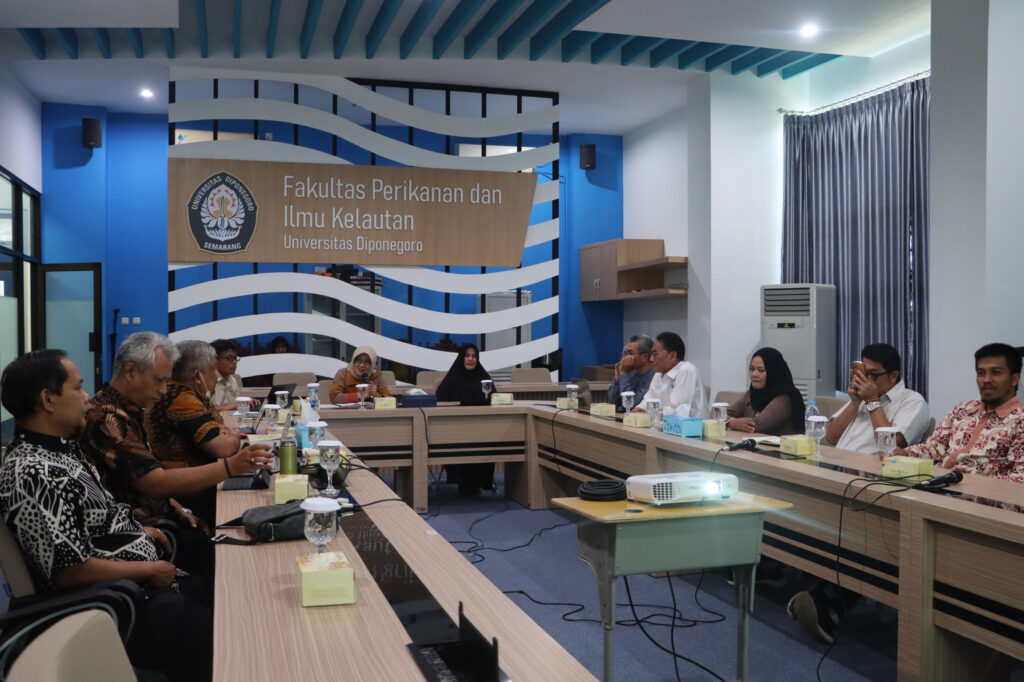
[et_pb_section fb_built=”1″ admin_label=”section” _builder_version=”4.16″ custom_padding=”10px||0px||false|false” locked=”off” collapsed=”off” global_colors_info=”{}” theme_builder_area=”post_content”][et_pb_row admin_label=”row” _builder_version=”4.16″ background_size=”initial” background_position=”top_left” background_repeat=”repeat” custom_padding=”||0px||false|false” global_colors_info=”{}” theme_builder_area=”post_content”][et_pb_column type=”4_4″ _builder_version=”4.16″ custom_padding=”|||” global_colors_info=”{}” custom_padding__hover=”|||” theme_builder_area=”post_content”][et_pb_text _builder_version=”4.23.4″ text_orientation=”justified” custom_padding=”0px||0px||false|false” hover_enabled=”0″ global_colors_info=”{}” theme_builder_area=”post_content” sticky_enabled=”0″] On Friday (5/1), an Audience Meeting for the Development of Shrimp Farming Groups in Karimunjawa was held at the Dean’s Building of FPIK Undip. The […]
INAUGURATION OF THE NEW PROFESSORS OF FPIK UNDIP
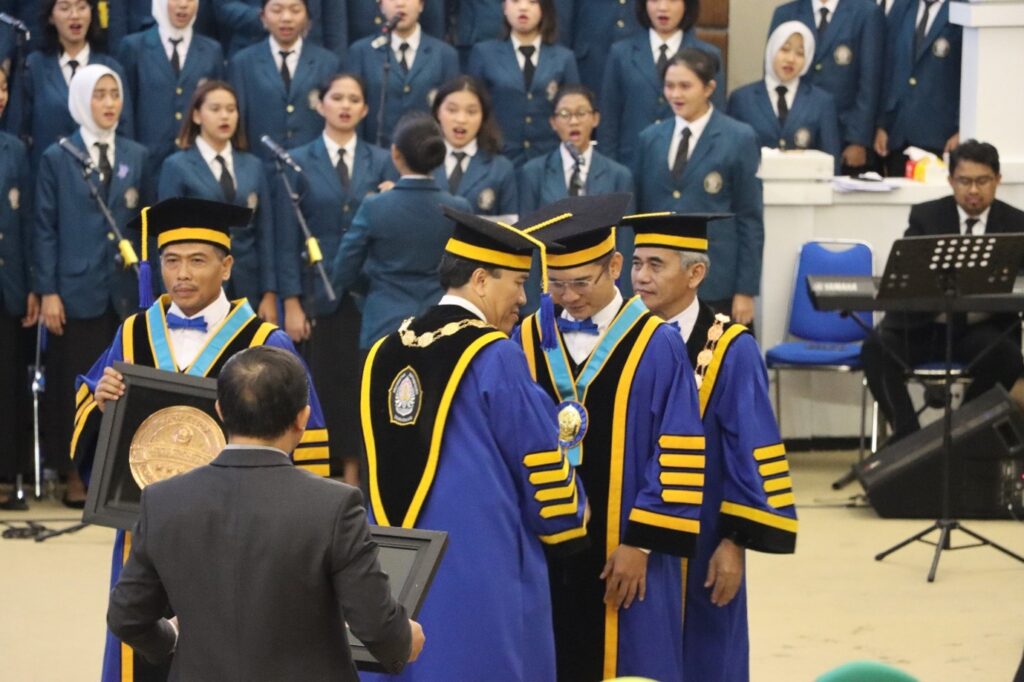
[et_pb_section fb_built=”1″ admin_label=”section” _builder_version=”4.16″ custom_padding=”10px||0px||false|false” locked=”off” collapsed=”off” global_colors_info=”{}” theme_builder_area=”post_content”][et_pb_row admin_label=”row” _builder_version=”4.16″ background_size=”initial” background_position=”top_left” background_repeat=”repeat” custom_padding=”||0px||false|false” global_colors_info=”{}” theme_builder_area=”post_content”][et_pb_column type=”4_4″ _builder_version=”4.16″ custom_padding=”|||” global_colors_info=”{}” custom_padding__hover=”|||” theme_builder_area=”post_content”][et_pb_text _builder_version=”4.23.1″ text_orientation=”justified” custom_padding=”0px||0px||false|false” hover_enabled=”0″ global_colors_info=”{}” theme_builder_area=”post_content” sticky_enabled=”0″] FPIK, SEMARANG – Wednesday (12/12) located at the Prof. Soedarto S.H. Building, Undip Tembalang, the Faculty of Fisheries and Marine Science of Diponegoro University made […]
FPIK Undip Establishes Cooperation with PT. BERSAMA BANGUN PANGAN
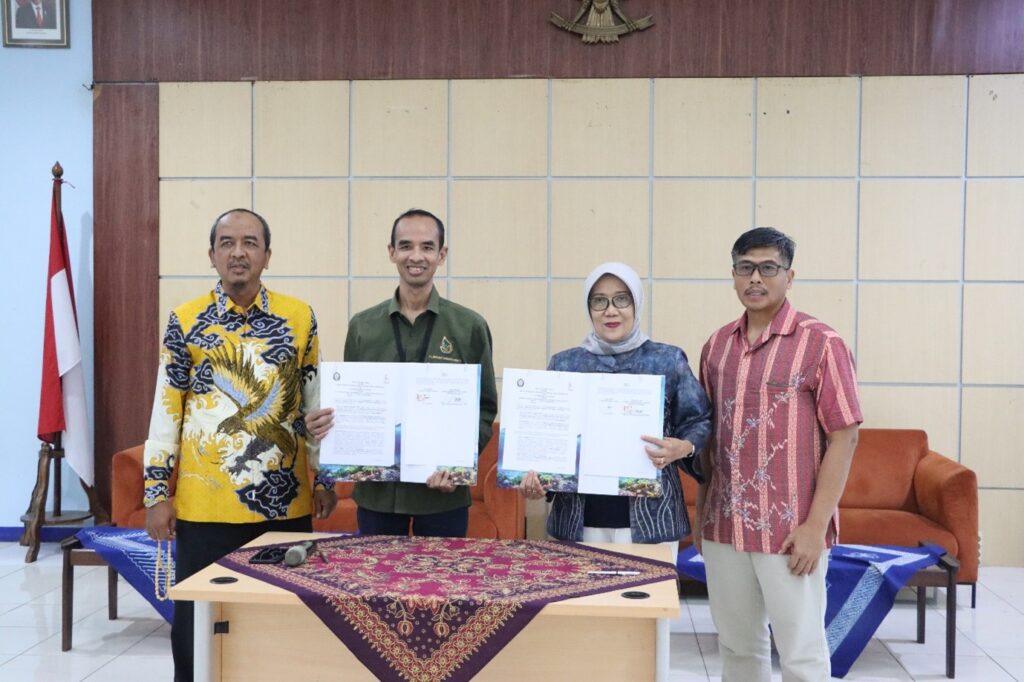
[et_pb_section fb_built=”1″ admin_label=”section” _builder_version=”4.16″ custom_padding=”10px||0px||false|false” locked=”off” collapsed=”off” global_colors_info=”{}”][et_pb_row admin_label=”row” _builder_version=”4.16″ background_size=”initial” background_position=”top_left” background_repeat=”repeat” custom_padding=”||0px||false|false” global_colors_info=”{}”][et_pb_column type=”4_4″ _builder_version=”4.16″ custom_padding=”|||” global_colors_info=”{}” custom_padding__hover=”|||”][et_pb_text _builder_version=”4.23.1″ text_orientation=”justified” custom_padding=”0px||0px||false|false” global_colors_info=”{}”] FPIK, Semarang – Thursday (7/12) Prof. Ir. Tri Winarni Agustini, M.Sc, Ph.D. as the Dean of the Faculty of Fisheries and Marine Sciences, Diponegoro University has signed a Cooperation Agreement between […]
Nurturing Spirituality through FPIK Bersholawat
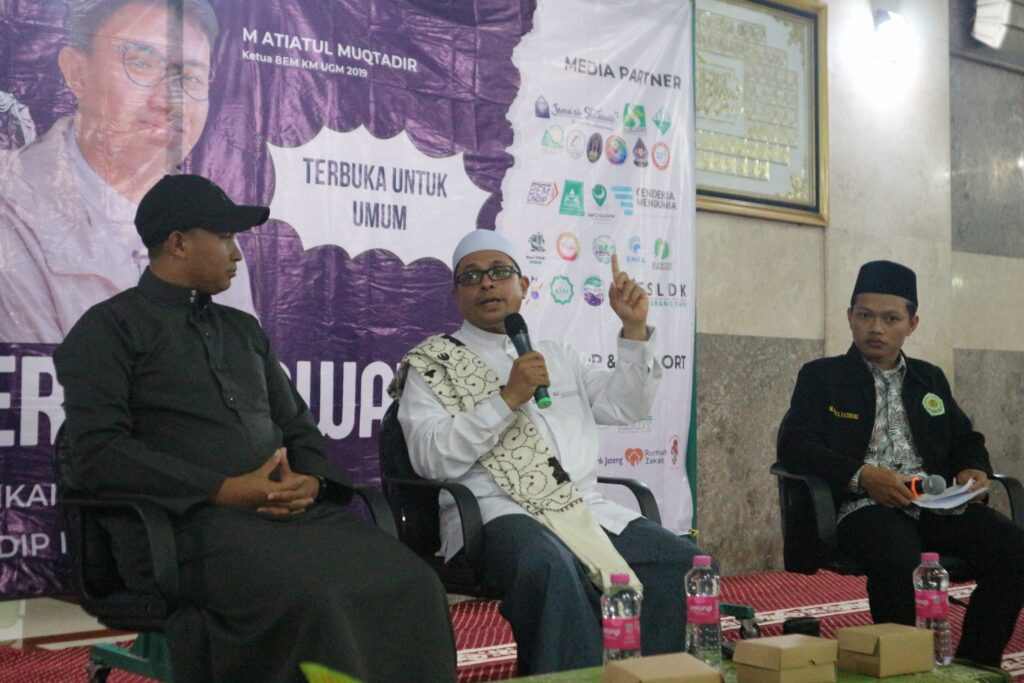
[et_pb_section fb_built=”1″ admin_label=”section” _builder_version=”4.16″ custom_padding=”10px||0px||false|false” locked=”off” collapsed=”off” global_colors_info=”{}”][et_pb_row admin_label=”row” _builder_version=”4.16″ background_size=”initial” background_position=”top_left” background_repeat=”repeat” custom_padding=”||0px||false|false” global_colors_info=”{}”][et_pb_column type=”4_4″ _builder_version=”4.16″ custom_padding=”|||” global_colors_info=”{}” custom_padding__hover=”|||”][et_pb_text _builder_version=”4.23.1″ text_orientation=”justified” custom_padding=”0px||0px||false|false” global_colors_info=”{}”] FPIK, SEMARANG - Al-Bahrain as one of the Student Activity Units from FPIK Undip held an event entitled FPIK Bersholawat which took place at the Diponegoro University Campus Mosque, Sunday (3/12). […]
Successful and Fun: Aquaculture Business Day X Storia Aquatica 2023

[et_pb_section fb_built=”1″ admin_label=”section” _builder_version=”4.16″ global_colors_info=”{}”][et_pb_row admin_label=”row” _builder_version=”4.16″ background_size=”initial” background_position=”top_left” background_repeat=”repeat” global_colors_info=”{}”][et_pb_column type=”4_4″ _builder_version=”4.16″ custom_padding=”|||” global_colors_info=”{}” custom_padding__hover=”|||”][et_pb_text admin_label=”Text” _builder_version=”4.23.1″ background_size=”initial” background_position=”top_left” background_repeat=”repeat” global_colors_info=”{}”] FPIK, SEMARANG – On Wednesday 29th November 2023, The Aquaculture Study Program of Faculty of Fisheries and Marine Sciences (FPIK) Diponegoro University (Undip) held the Aquaculture Business Day X Storia Aquatiqa activity in […]
